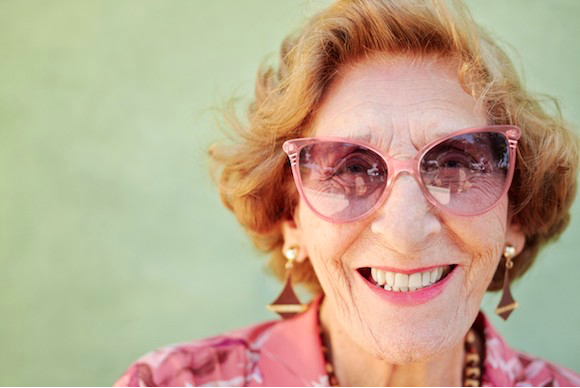Radio programming: could it improve the lives of older Australians?

New research is being undertaken to better understand how and why older people listen to the radio, what they are listening to and how this might be related to their wellbeing.
Supported by the Community Broadcast Foundation, the University of Melbourne is recruiting participants aged 65 and older to explore how radio programming impacts their lives and how this information might be used to inform programming to improve the wellbing of older listeners across the country.
Faculty of Fine Arts and Music postdoctoral research fellow Dr Amanda Krause said it was important to examine ways to improve the lives of older Australians as they are more suseptable to obstacles that have a negative affect on their quality of life.
“Many older people have restricted access to social contact and are highly vulnerable to a range of socio-emotional problems including loneliness and depression, making this research particularly important,” Dr Krause said.
“It’s also interesting that some people not only gain enjoyment from listening to the radio, but consciously modify their listening in efforts to improve their mood. That’s something we’re really interested in.”
Previous research shows that participating in music-making opportunities – such as singing in a choir, playing an instrument in a band, and listening to music – can reduce depression and anxiety symptoms.
“My colleagues at the Community Broadcasting Foundation and I are interested in whether listening to various radio programs, which can also include music programming, can offer some of the same benefits to the wellbeing of older Australians,” Dr Krause said.
“We’re focused on the radio because it is a very familiar, longstanding technology which offers both information and entertainment.”
People aged 65 and above are encouraged to participate in the Radio for Wellbeing research project via a short online survey. Paper copies of the survey are also available from Dr Krause, who can be contacted directly via email or telephone: Amanda.Krause@unimelb.edu.au | (03) 9035 6134.